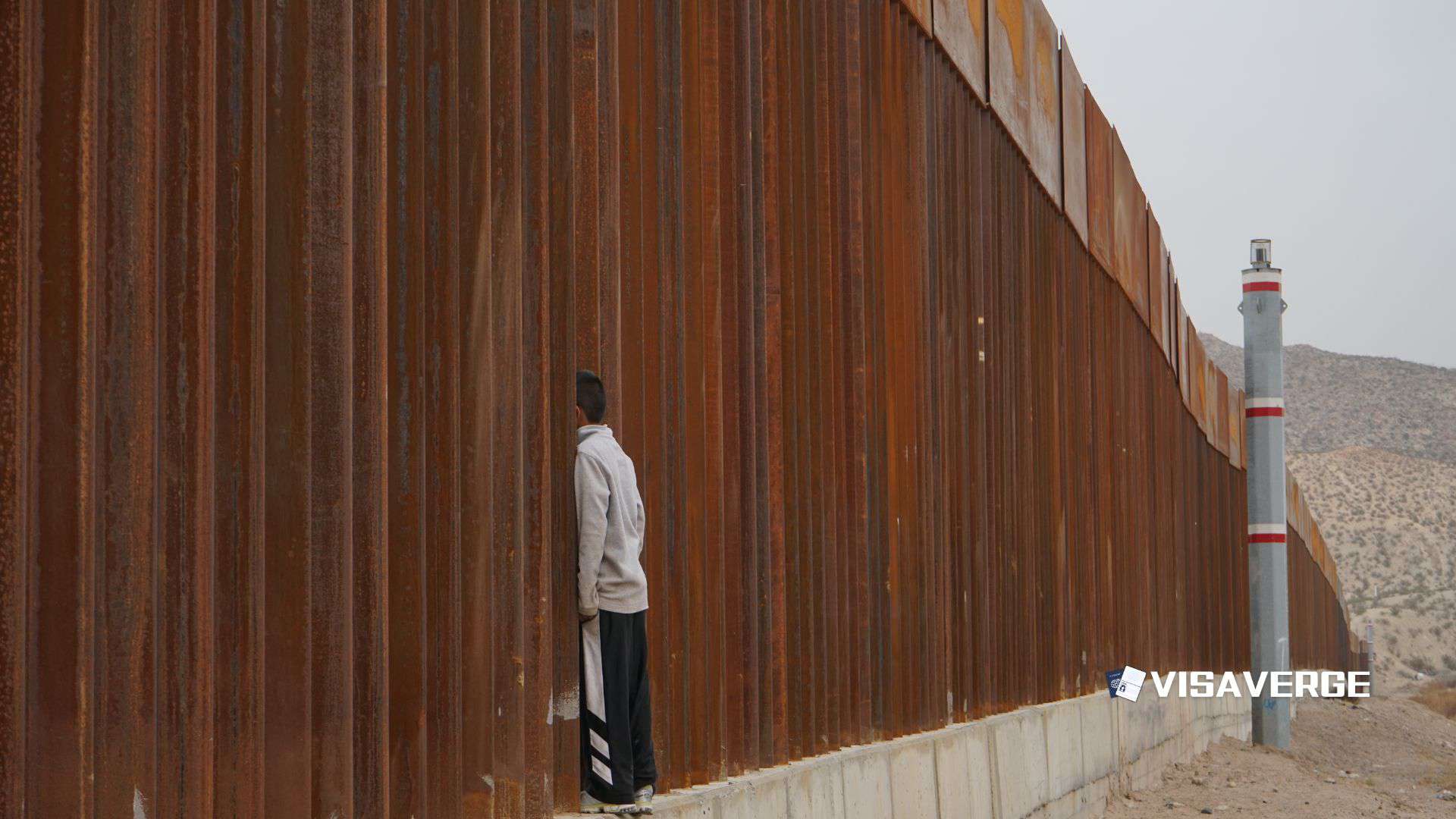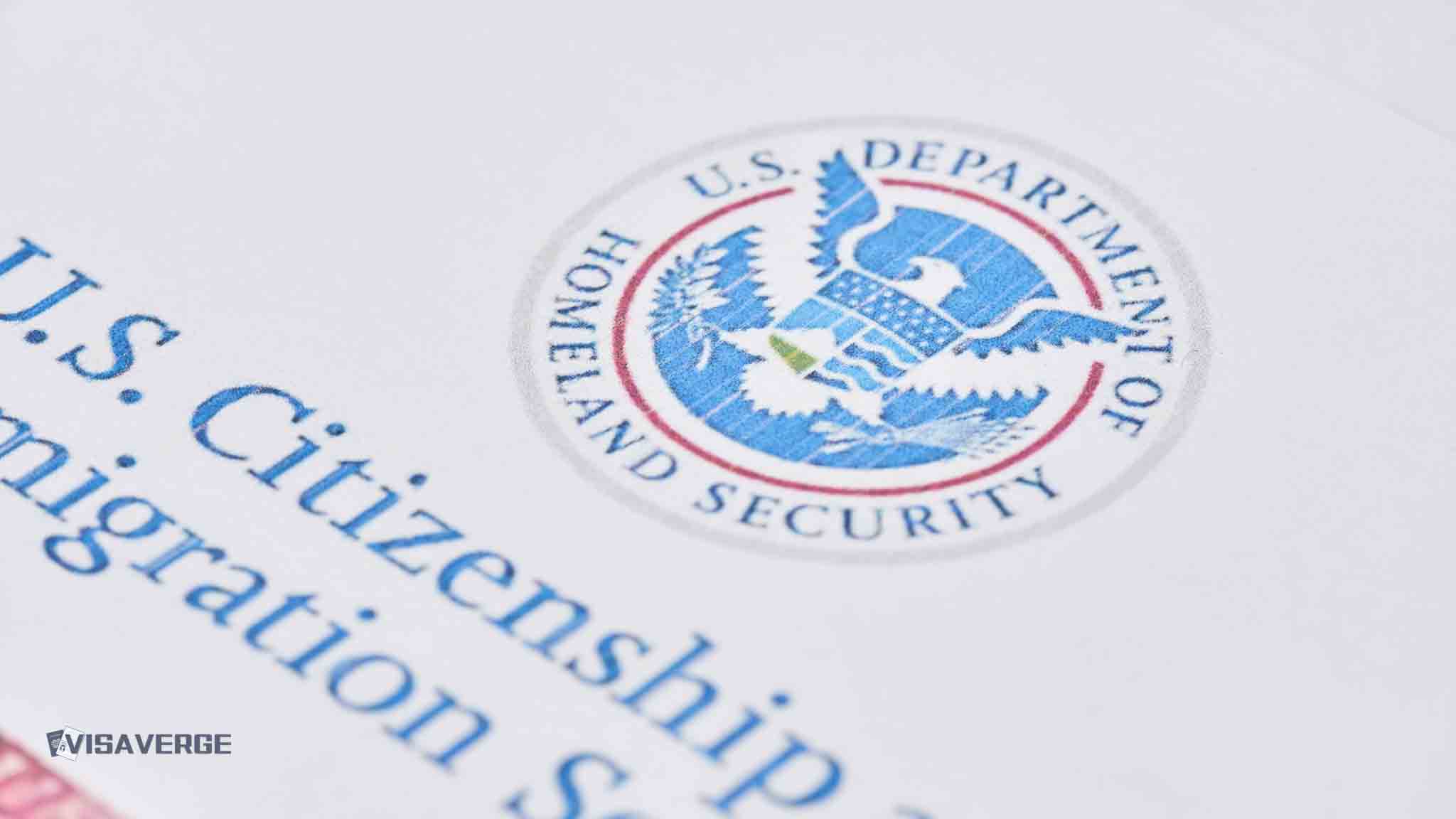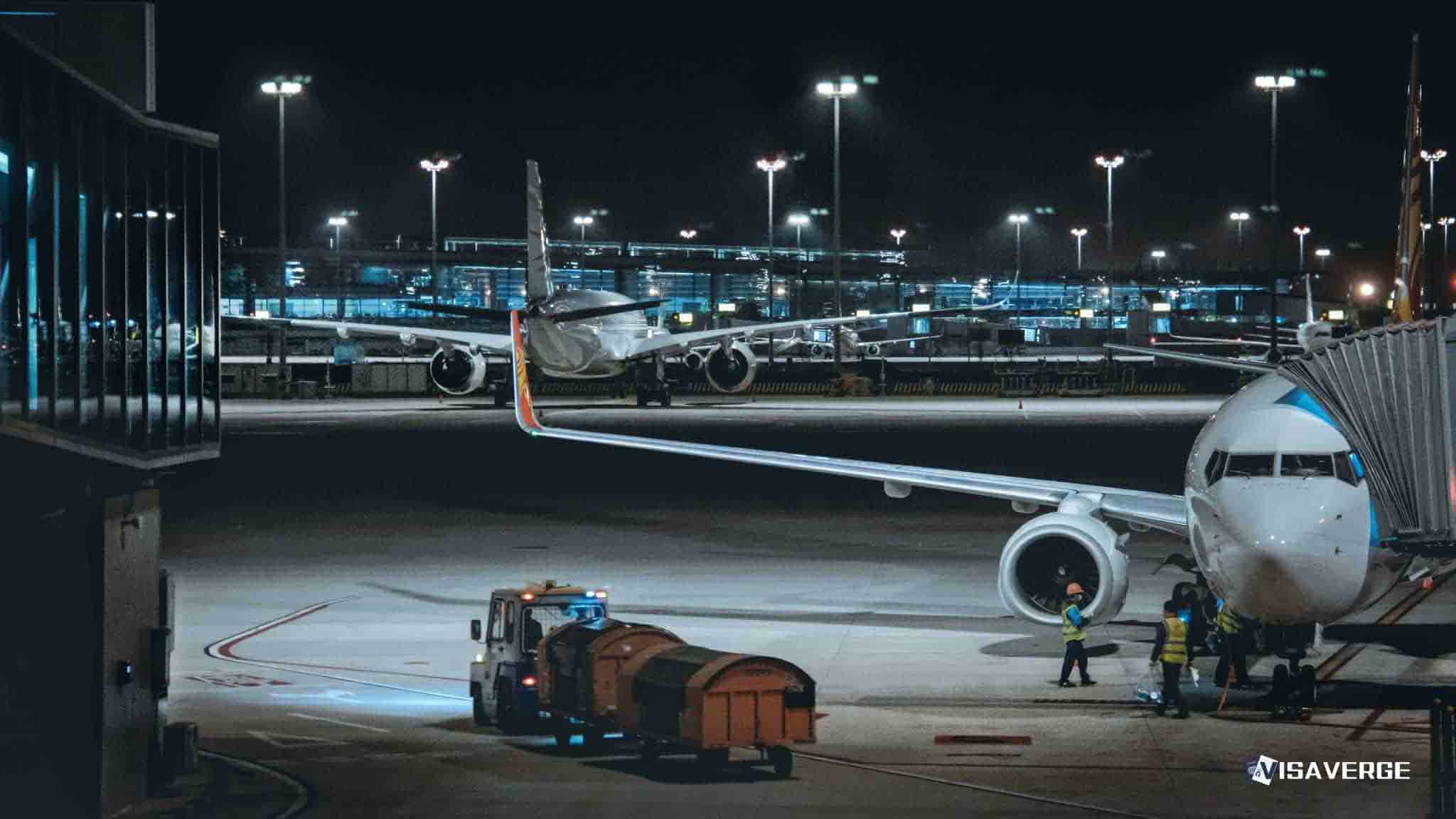(TEXAS, UNITED STATES) A Green Card applicant who drove a delivery to the Texas border was held in federal custody for 16 days before a judge granted release on bond, attorneys said, underscoring growing concern over extended detention at the southern edge of the country.
The man, identified as Kouame, secured release after an initial bond hearing on November 3, 2025, but his next court date—first set for November 13, 2025—has been pushed back more than two months to January 20, 2026, according to family members, who are urging the court to move sooner.

Case background and current status
Kouame’s detention began after his delivery run brought him to a Texas border crossing, where he was taken into custody and held for more than two weeks before seeing a judge on bond. The 16-day hold became central for his loved ones, who say they struggled to get clear answers while he remained detained.
- The court set the November 3, 2025 bond hearing, which led to his release.
- The subsequent hearing date was postponed from November 13, 2025 to January 20, 2026.
- Family members and attorneys are pressing the court to schedule an earlier date.
His attorneys stress they will continue to press for faster scheduling so the family can regain stability.
Broader context: enforcement and impacts
This case has become a flashpoint in a year marked by tighter enforcement by U.S. Customs and Border Protection (CBP) and Immigration and Customs Enforcement (ICE). Attorneys say the delay adds strain to a process already burdened by long wait times and unclear timelines.
- 2025 has seen multiple instances of Green Card holders and visa holders being held for extended periods at or near the southern border, according to analysis by VisaVerge.com.
- Reports from lawyers and families describe people kept in custody without clear charges for days or weeks while statuses were reviewed.
ICE and CBP have not issued a broad public tally for such incidents, but both agencies emphasize their responsibility to review identities and examine status in sensitive areas.
How families find detainees and communicate
For families seeking updates during a detention, ICE provides tools and contact points:
- ICE hotline: (866) 347-2423
- Online locator: ICE Detainee Locator
Families are advised to have the following when calling or using the locator:
- Full name of the detainee
- Country of birth
- A-number (Alien Number), if available
If the A-number is unknown, searches may still be possible but results can be limited. While in custody, access to phones and legal help varies by facility, and communication delays are common.
Critical: Keep copies of key documents and the A-number accessible. These details are often necessary to locate a detainee quickly and efficiently.
The legal process and consequences of delays
Kouame’s timeline illustrates how a routine workday can become a legal maze. Even as a Green Card applicant (not an unauthorized entrant), crossing into a border zone can trigger the same intake process others face:
- Placement into custody
- Initial review of status
- Request for a bond hearing (if eligible)
- Bond hearing consideration (risk of flight and public safety)
- Release on bond or continued detention, followed by further hearings
In Kouame’s case, the judge granted release at the first bond hearing, but the core case awaits the rescheduled master calendar or hearing in January 2026, unless an earlier date is granted.
Real-world effects of postponed hearings
Postponements can cause tangible harms:
- Job disruption and lost wages
- Delayed medical care
- Childcare and schooling disruptions
- Additional logistical and financial strain while preparing for future hearings
Even after bond release, strict supervision and requirements remain, and sudden date changes force lawyers and families to scramble.
Advocacy and next steps
Kouame’s attorneys have filed urgent requests for an earlier hearing, arguing that a clearer schedule would relieve pressure and allow the family to plan. Advocates note that steady communication with counsel and the court clerk can sometimes move a date forward, but busy dockets and limited courtroom availability make outcomes uncertain.
Attorneys and families recommend practical steps for those who want to be prepared:
- Keep copies of all immigration documents and receipts
- Memorize or store the detainee’s A-number
- Track and save all notices from ICE and the court
- Maintain regular contact with counsel and the court clerk
Larger implications
Immigration attorneys following the case say the broader backdrop matters. Heightened checks at the border have led to confusion for some lawful residents and travelers, and the slower pace means bond hearings and master calendar hearings accumulate.
In 2025, reports indicate:
- Longer intake periods
- More frequent use of detention during status reviews near the southern border
- Increased uncertainty for lawful residents and those with pending immigration matters
For many border-area workers and travelers, the cycle—detention, release, postponement—has become a familiar and exhausting pattern that tests patience and resources.
Closing note
As Kouame prepares for the next stage of his case, his family remains focused on pushing for an earlier hearing and restoring routines shaken by the 16-day detention. The bond hearing gave them hope, but the long wait ahead has revived old fears. For many in similar positions, small procedural delays can have large personal and economic consequences while the legal process continues to play out.
This Article in a Nutshell
Kouame, a Green Card applicant, was held for 16 days after a delivery brought him to a Texas border crossing. He obtained release on bond at a November 3, 2025 hearing, but the follow-up hearing was delayed from November 13 to January 20, 2026. Family and lawyers seek an earlier date. The case reflects 2025 increases in border-area detentions and longer status reviews, producing job, medical, and financial harms. Attorneys advise keeping immigration documents and the A-number accessible and maintaining contact with counsel.







